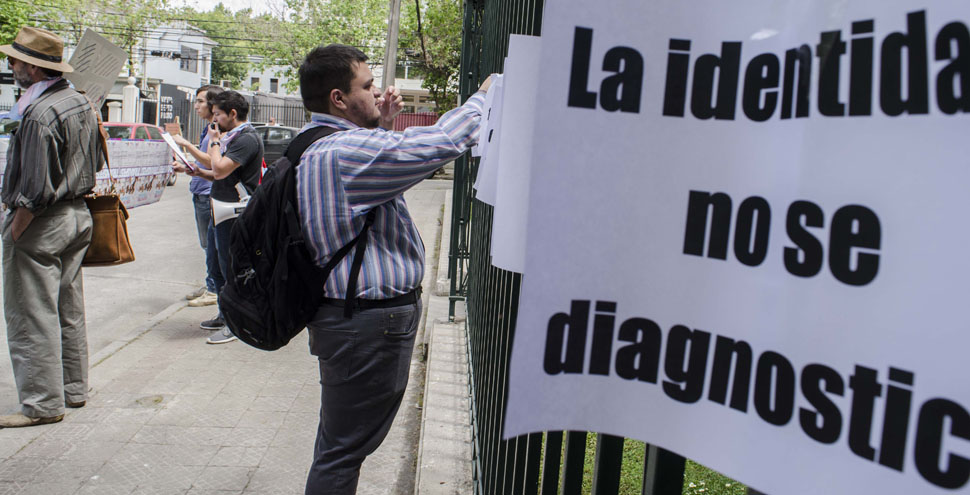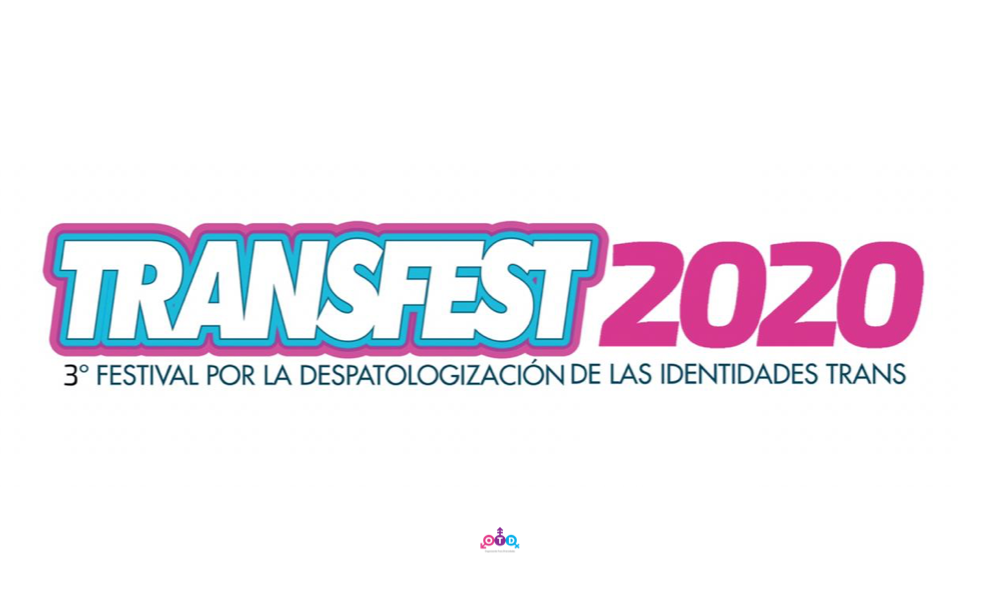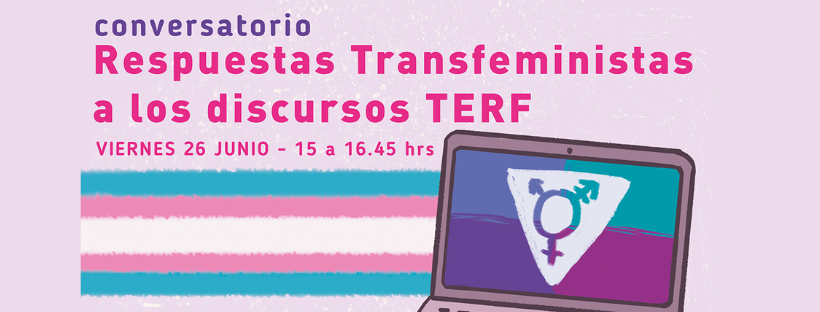Since 2008 the trans movement of the world set its sights on the non-pathologization of trans identities. With the slogan “Stop Trans Pathologization” from Europe, Latin American trans people began to question the need to present psychological or psychiatric certificates to access their right to health, for example. Although the debate is not closed, neither within the community, nor with the media, the Gender Identity Law in Chile established the principle of non-pathologization. What does this mean? Our activists explain it to you.
OTD Chile’s legislation and public policy coordinator Franco Fuica says the five principles that underpin the law were born in the administration of the previous government of President Michelle Bachelet, especially on behalf of the attorney Cristián Arancibia, who was later joined by the organization’s former legal advisor Constanza Valdés. “We presented the principles in the Human Rights Commission of the Congress, where Deputy René Saffirio took them and consulted the IACHR, who gave him an answer.
“What this principle pursues is that in any situation, before, during or after initiating its gender transit, a trans person is not treated as sick, especially before there is some sort of identity assessment,” said. In addition, it will be used in the trials of people under the age of 18. “In the trials of change of name and sex of persons under 18 and over 14 years of age, the judge must have this consideration in mind when requesting eventual expert opinions to evaluate the mental health of the adolescent.”
However, this should apply to any situation where a trans person is faced with a questioning of their identity. For Michel Riquelme, executive coordinator of OTD, this principle protects the human right to identity. “It puts an end to the old misconduct that assumes a priori that being a trans person is a person with a psychiatric or biological disorder, establishing a discriminatory treatment. Many of us were forced by the State to undergo invasive and completely unnecessary medical, psychiatric, psychological and sexological examinations. We hope that this will not happen again.
Being a transgender person does not entitle any professional or expert to have to supervise your personal experience of gender. No one can tell you who you are or how you should express your identity.
Traslation: Mariana Galvez y Lilly Parra.








